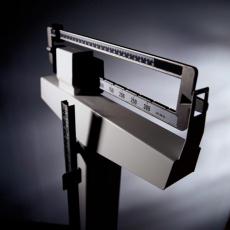Planning to drop a lot of pounds? You'll be happy to know that the first 10 or more will come off quickly. (Here's how to get started.) That's a thrill, but losing more and keeping it off takes planning, effort, and discipline. Although you'll find the challenge physically and mentally exhausting, every pound you shed equals success. "The most important thing to remember is any weight loss is good," says Louis Aronne, MD, director of the Comprehensive Weight Control Center at Weill-Cornell Medical College and author of the forthcoming book The Change Your Biology Diet: The Proven Program for Lifelong Weight Loss. "Any weight loss will improve your cardiovascular function, reduce your risk for diabetes, and help your blood-pressure." (Hack your gut bacteria for easier-than-ever weight loss.)
When you start your weight loss journey, avoid these common mistakes and you'll achieve the results you're after!
You're not clear on why you want to lose.
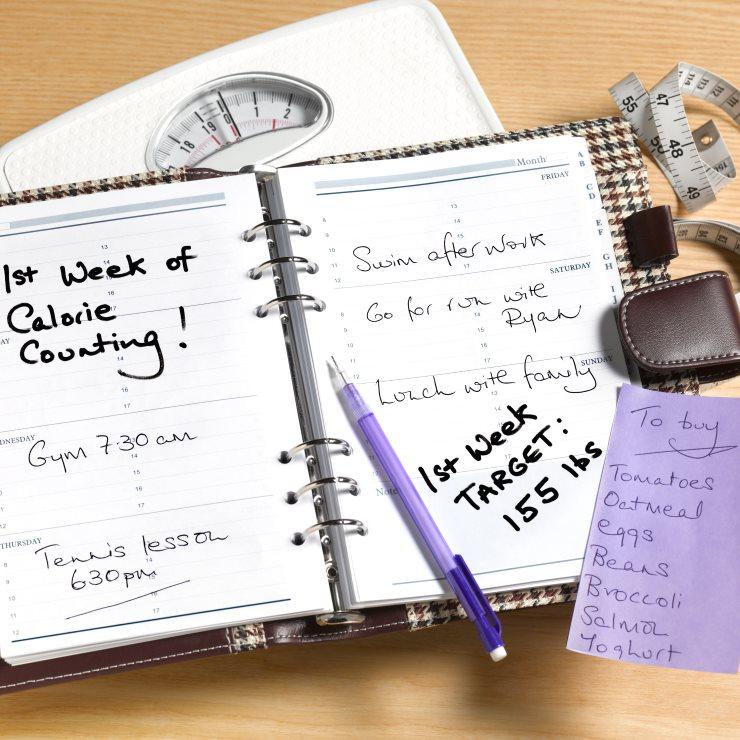 2/11
You're not clear on why you want to lose.
2/11
You're not clear on why you want to lose.
If you don't have compelling reasons for losing weight, you're more likely to fail, says Heather Bainbridge, RD, nutrition care coordinator at Temple Health Bariatric at Temple University Hospital and Jeanes Hospital in Philadelphia. You will face weeks where you don't lose weight or days where you crave a whole box of Tagalongs. "Your 'why' is the grounding force that will push you through tough times," says Bainbridge. Write down all your reasons for losing weight whether it's health, vanity, or a desire for more energy. Keep that list on your fridge or somewhere you can see it daily. One study found that writing down your goal increased your chance of success by 42%.
You lack a clear plan of action.
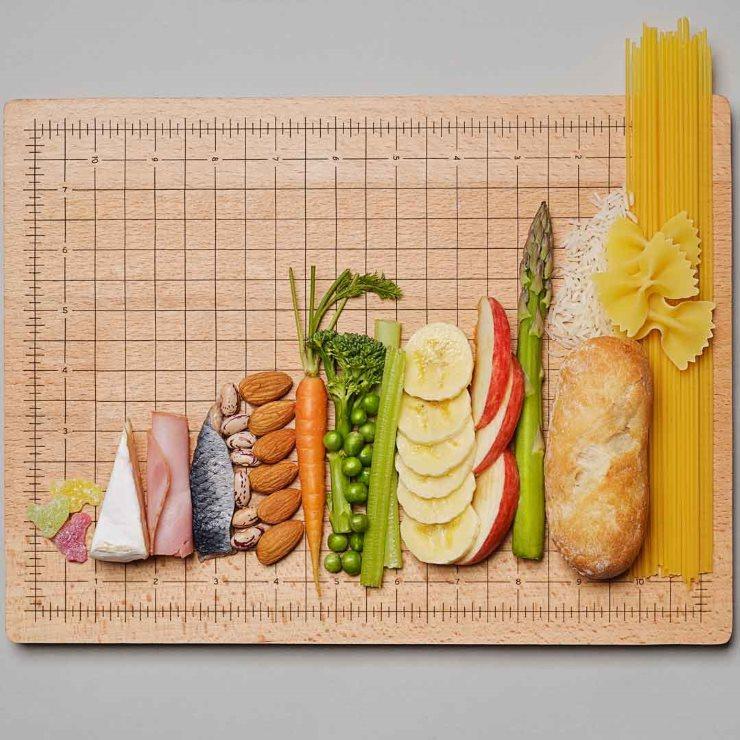 3/11
You lack a clear plan of action.
3/11
You lack a clear plan of action.
You jotted down "drop 50 lbs" and posted it next to your mirror. Great! But, uh-oh, you never figured out what comes next. Suddenly, it's mid-afternoon on a stressful day and there's an open box of doughnuts in the break room. Losing a lot of weight requires planning out your meals and snacks to avoid feeling hungry and reaching for unhealthy foods, says Charles Platkin, PhD, MPH, distinguished lecturer at Hunter College and City University of New York School of Public Health. "To be successful at this, you need to devise a thorough plan of attack, complete with strategies for dealing with all potential stumbling blocks," he says. (Take back control of your eating—and lose weight in the process—with our 21-Day Challenge!) "Be honest about what's tripped you up in the past and your cravings. Plan how to deal with them. Then track your progress consistently and thoughtfully."
You've got the wrong friends.
 4/11
You've got the wrong friends.
4/11
You've got the wrong friends.
Just because you're trying to lose weight doesn't mean your friends are. They still want to meet for happy hour, have cupcakes on a birthday, and order beer and French fries at trivia night. "The people you surround yourself with have tremendous influence over your food choices," says Dr. Platkin. "They may help you, but they may also undermine you." A New England Journal of Medicine study found that having an obese friend, sibling, or spouse greatly increased your likelihood of obesity. Dr. Platkin suggests taking stock of how you and your friends interact: If it usually involves eating, try suggesting new activities that don't revolve around food. If your friends are resistant, see if there are friendships you can cultivate while engaging in your new, more active pursuits. Research shows that people who enlist a weight loss partner lose significantly more weight than those who try to do it alone.
You didn't get your family's support.
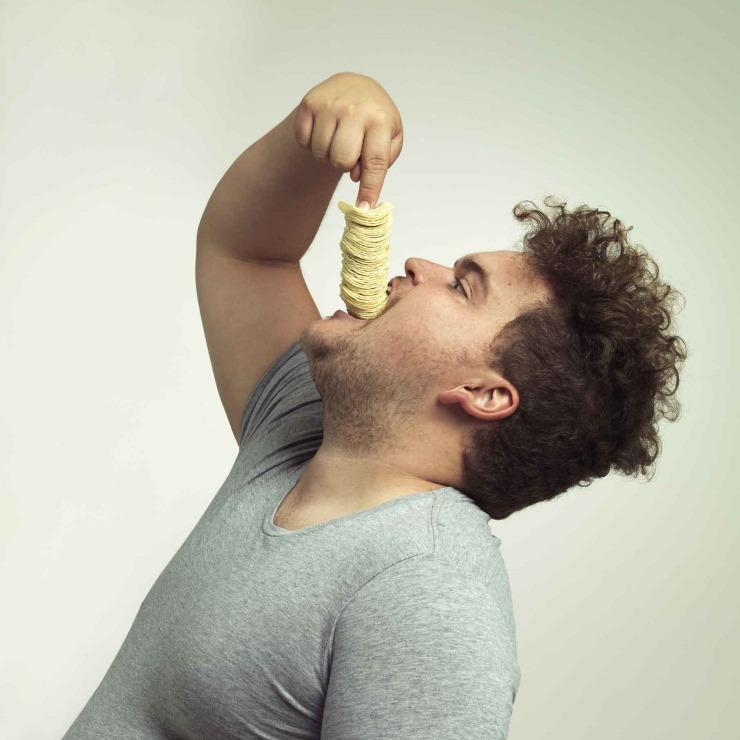 5/11
You didn't get your family's support.
5/11
You didn't get your family's support.
Just because you want to lose weight, doesn't mean your spouse and kids do. They may not be willing to give up Doritos just because you did, but you can get them to keep their snacks on a separate shelf and out of sight to help you avoid temptation. "We're creatures of habit and we tend to eat what's around us," says Dr. Platkin. "If you don't talk to your family about the food in your house, they can really sabotage your efforts." They may even want to join in to a degree, by choosing healthier snacks. Dr. Platkin suggests planning meals, snacks, and pantry inventory with your family so they can be happy and still support your weight loss efforts.
Your healthy breakfast isn't so healthy.
 6/11
Your healthy breakfast isn't so healthy.
6/11
Your healthy breakfast isn't so healthy.
You gave up sugary cereals. Instead, you start the day with oatmeal and a piece of fruit. It sounds healthy, but you're ravenous an hour later. If your breakfast is loaded with carbohydrates, you'll experience spikes—and then rapid drops—in your blood sugar, and that will make you ravenous. "A big problem in our clinic is people having simple sugars for breakfast but they don't know it," says Aronne. "They juice with an apple and a banana. They eat some oats. Really, they're having carbs and sugar and they're very hungry." Instead, Dr. Aronne recommends a breakfast with protein, like Greek yogurt with berries, or an omelet with lots of veggies. A low-carb, high protein diet burned 150 more calories per day, according to a 2012 study in the Journal of the American Medical Association.
You're following a fad diet.
 7/11
You're following a fad diet.
7/11
You're following a fad diet.
If you can't sustain the way you're eating while you're losing 50-plus pounds, what will keep those pounds from coming back once you're off the diet? It's a common fallacy, says Bainbridge. (Here are 7 ways to lose weight when your over 60.) "Losing a lot of weight in a sustainable way may take a long time," she says. Yes, juicing for a month and exercising 3 hours a day will make pounds disappear in a hurry, but you're setting yourself up for failure. "All a fad diet does is prove you can follow directions," Bainbridge says. "It doesn't address your challenges or give you the opportunity to analyze your cravings and habits." The truth is, you can't live off of juice for the rest of your life. You probably don't have the time or desire to exercise for hours a day. Losing more than 50 pounds and keeping it off requires developing healthy habits you can maintain for the rest of your life.
You're bored, bored, bored.
 8/11
You're bored, bored, bored.
8/11
You're bored, bored, bored.
It happens in every diet. Maybe you've experienced it before. The weight loss slows, the excitement wears off, the compliments dry up. Now your weight loss efforts feel like a cumbersome chore. "Diet fatigue is a very common phenomenon," says Lawrence Cheskin, MD, director of the Johns Hopkins Weight Management Center. "Time and boredom add up and suddenly you want to eat tastier food and skip the gym." This is when it's important to reset your willpower, remind yourself of your reasons for losing, and reaffirm your goals. And don't forget to lean on your support network. Instead of reaching for a brownie, Cheskin suggests calling a supportive friend, and then trying new recipes and shaking up your exercise routine to add variety and break through your plateau.
You keep sneaky snacks around.
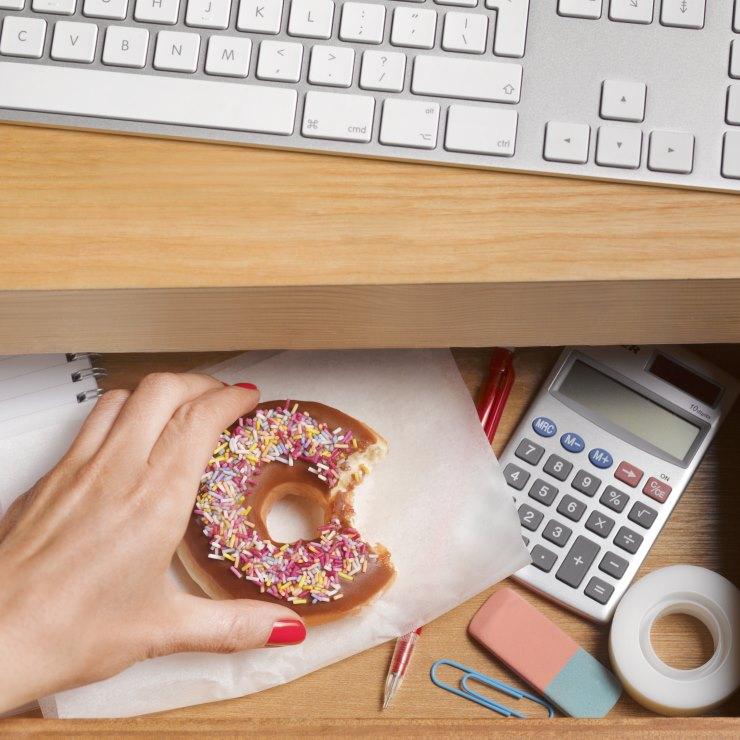 9/11
You keep sneaky snacks around.
9/11
You keep sneaky snacks around.
You know that opening a bag of chips while you relax into the latest episode of Downton Abbey means you'll probably eat the whole thing. But even keeping healthy snacks around—like a bowl of nuts at the corner of your desk—encourages mindless eating, and that will sabotage your progress. "When you eat while you're distracted, you're not engaging in the eating process so you don't pay attention to how much you're eating or whether you feel full," says Bainbridge. She suggests only eating when you can pay attention to what you're putting in your mouth. Try practicing mindful eating: In one study, people who counted 40 chews before swallowing ate 12% less food and felt more satisfied. Or watch yourself eat—a new study found that when people ate dessert in front of a mirror, they enjoyed it less and didn't eat as much. But when they ate a healthy salad, they actually felt better.
You're a weekend warrior.
 10/11
You're a weekend warrior.
10/11
You're a weekend warrior.
Your work demands leave no time to exercise during the week, so you blow it out on the weekend with bike-rides that last half the day. "Overdoing it on the weekend encourages overeating," says Cheskin. "You'll feel hungry and underestimate how many calories you actually eat." Also, exercising for too long can increase levels of the stress hormone cortisol, which can increase fat storage.
You're skipping meals.
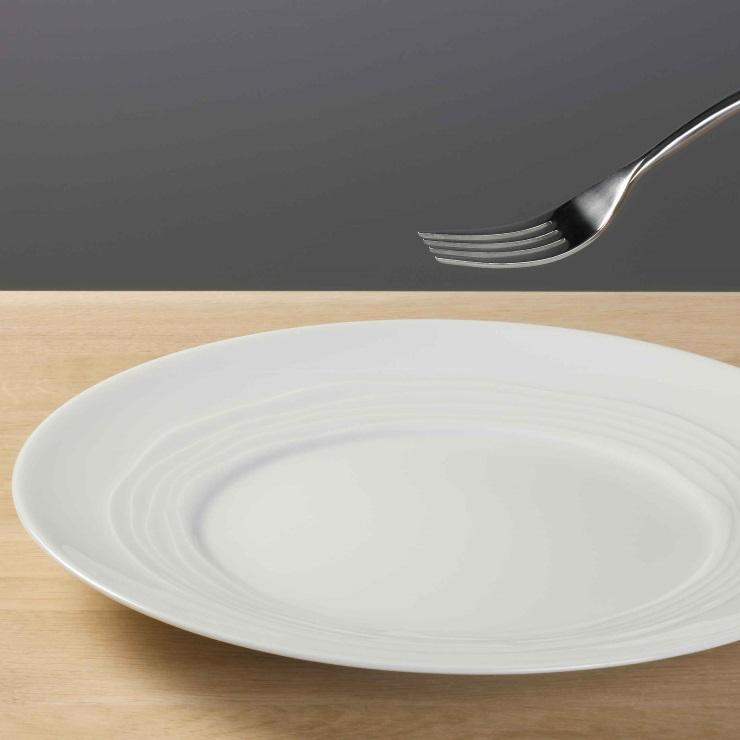 11/11
You're skipping meals.
11/11
You're skipping meals.
Cutting out breakfast or lunch may sound like an easy way to reduce calories, but it often leads to just the opposite. "You shouldn't go longer than 5 hours during the day without eating," says Bainbridge. "Otherwise, you're likely to overeat and to reach for anything that will bring your energy back up." If your blood sugar drops too low, it will lead to poor food choices, stress induced cravings, and emotional eating—a bad combination for weight loss.
- Prev:11 Things Women Whove Lost 50+ Pounds Want You To Know
- Next:50 Ways To Get Started When You Have Lots Of Weight To Lose
 2/11
You're not clear on why you want to lose.
2/11
You're not clear on why you want to lose.
 3/11
You lack a clear plan of action.
3/11
You lack a clear plan of action.
 4/11
You've got the wrong friends.
4/11
You've got the wrong friends.
 5/11
You didn't get your family's support.
5/11
You didn't get your family's support.
 6/11
Your healthy breakfast isn't so healthy.
6/11
Your healthy breakfast isn't so healthy.
 7/11
You're following a fad diet.
7/11
You're following a fad diet.
 8/11
You're bored, bored, bored.
8/11
You're bored, bored, bored.
 9/11
You keep sneaky snacks around.
9/11
You keep sneaky snacks around.
 10/11
You're a weekend warrior.
10/11
You're a weekend warrior.
 11/11
You're skipping meals.
11/11
You're skipping meals.

